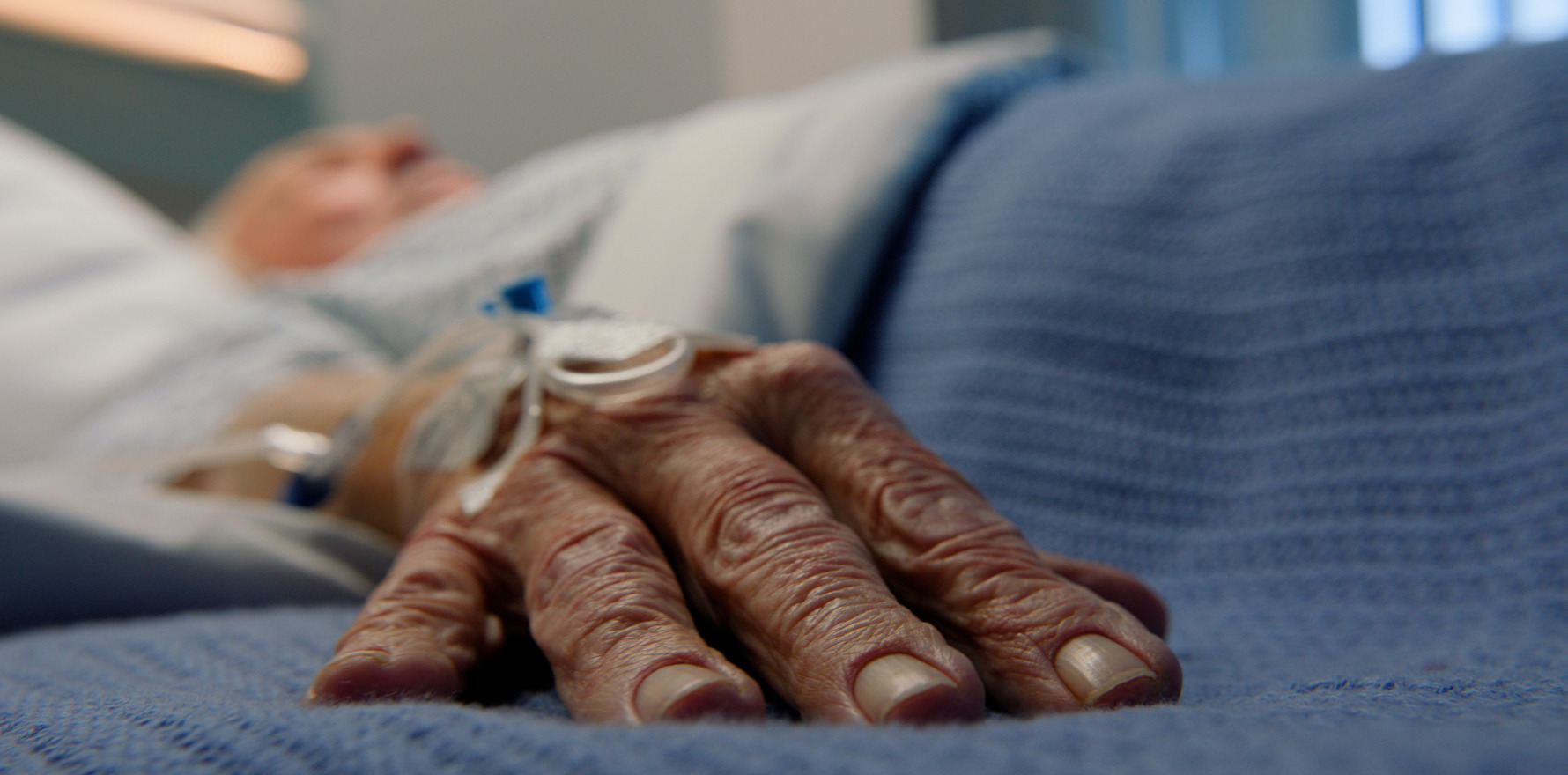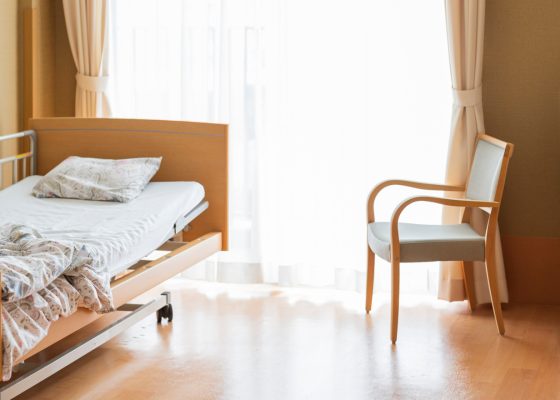Excessive patient loads and worsening patient outcomes mean junior doctors are scarred by trying to treat the elderly in NSW public hospitals, say senior LHD staff.
Junior medical staff undertaking rounds in geriatric medicine are experiencing “terrible burnout and distress” to the point they’re turning away from the field entirely, according to senior LHD clinical and allied health staff.
Appearing at the NSW Special Commission of Inquiry into Healthcare Spending today, Professor Jan Potter said junior doctors were being left feeling “disempowered” and “like failures” by their experiences in geriatric wards across the Illawarra Shoalhaven and Central Coast LHDs.
Soaring patient load and the difficulty of handling increasing complex cases with more patients presenting with multiple comorbidities, cognitive decline, behavioural challenges as well as experiencing higher rates of hospital-acquired complications, were all drivers.
“This problem has been mounting [over] the last three years,” said Professor Potter, a geriatrician and divisional co-director of aged care and rehabilitation at Illawarra Shoalhaven LHD.
“The junior medical staff are completely distressed. I regularly have young doctors who are just coming into medicine in tears at the end of [their] shift, doing lots and lots of overtime. They feel disconnected.
“If you’re in a particular geriatric medicine ward with a multidisciplinary team and nurses who understand geriatric medicine, your experience as a junior doctor is one of empowerment – you understand how to look after these people.
“Our poor doctors are trying to see their cohort of 20 patients – they’re going in to eight, nine, 10, 11 wards where they’re trying to find the nurse treatment manager who can’t really tell them anything about the patient, they’re seeing terrible outcomes, they feel like failures and they don’t want to do geriatric medicine anymore.
“Our junior doctors see other medical teams sitting having a coffee and a debrief with the staff, but [they] still [have] rounds at seven o’clock in the evening. That’s terribly demoralising, both for the specialty going forward, but particularly for these young doctors.
“Our senior doctors have great empathy towards them but feel that they’re getting an awful experience of what geriatric medicine is.”
The rising length-of-stay among elderly patients unable to be transferred into residential aged care due to a lack of available beds, delays with family members making a decision on suitable accommodation or patients being declared unfit to be transferred, were major contributors to staff becoming increasingly distressed and burnt out, Professor Potter said.
Some patients in Illawarra Shoalhaven hospitals are waiting up to a year to be discharged.
“Since the Royal Commission [into Aged Care Quality and Safety] and covid we’ve lost 600 aged care facility beds permanently with no plans within the aged care sector to rebuild those beds … and projections are that that’s going to go up to 1000 [beds],” Professor Potter said.
“We’ve got this increasing dementia population, and at the same time, we’re losing and have lost the beds in the community, funded by the Commonwealth, that we require to host those patients.
“That has resulted in specific groups of patients, in particular dementia patients with behavioural disturbance, waiting up to a year for a bed.
There are no dementia-specific bed vacancies at all in Illawarra Shoalhaven, and none of the providers are proposing to build new dementia-specific beds, so that’s a particular issue for our patients in hospital awaiting placements.
“In our main tertiary hospital where we do most of our admissions, we have a bed base of 21 patients for acute geriatric medicine.
“At the moment we have a minimum of 60 patients in hospital at any one time, so those other patients are scattered throughout surgical wards, acute medical wards, and we’ve gone from having 20 consultations to geriatric medicine from other specialty teams in the last two years to 60 a week.
“Every other ward has got two or three frail, demented elderly people where the staff have got no [expertise]. Their expertise is in surgery or cardiology. They have no knowledge of comfort in dealing with this patient group, and as a result, the outcomes are much worse.”
While the situation was especially dire in Illawarra Shoalhaven, with other regions such as Central Coast and Nepean Blue Mountains reporting substantially fewer permanent bed closures, Professor Potter said it was quite possible the problem would spread nationwide unless drastic changes were introduced.
“I don’t doubt that 10 years from now, if something drastic doesn’t change between the Commonwealth residential aged care system, it will be the same for everyone,” she said.




